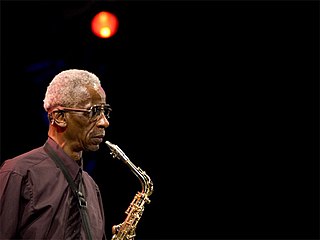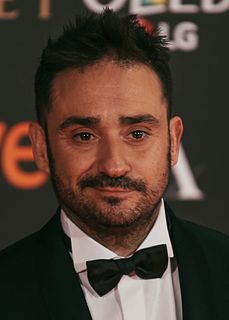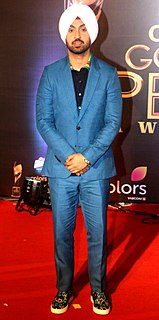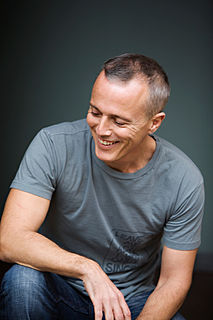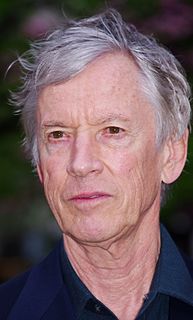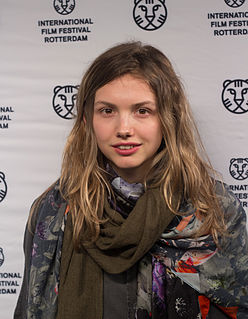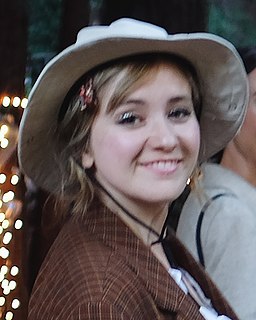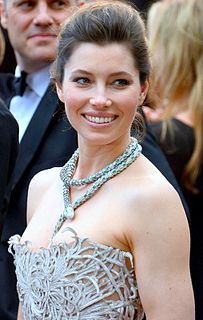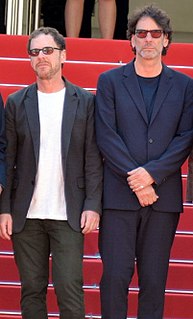A Quote by Roscoe Mitchell
I remember times when the whole music scene was just flourishing.
Quote Topics
Related Quotes
I mean, take 'Chariots Of Fire.' That opening scene, the long shot of the runners along the beach, and then you hear that music... I think that was one of the first times synthesizers were really used in movie music. I just flipped! I didn't even care what the story was going to be. Give me a nice marriage of sound and music.
That one long scene in the Leftovers I have with David Gulpilil was seven pages long. When we finished it, Mimi Leder said, "I thought you were gonna do this in bits and pieces. You just did the whole thing." And I literally couldn't remember the scene. It wasn't that I was in a trance. I said, "Just keep shooting takes until you see what you want." In 48 years of acting, which is also how long I've been married, that had never happened to me.
Some directors don't say much. Michael Mann, for example. I remember on 'The Insider' he never had much to say. He would do a scene, just kind of nod, and then set it up to do it again. And you might do a scene 10 or 12 times or more, the same little 31-second bit. And you could tell he wasn't satisfied, but he wouldn't say much.
